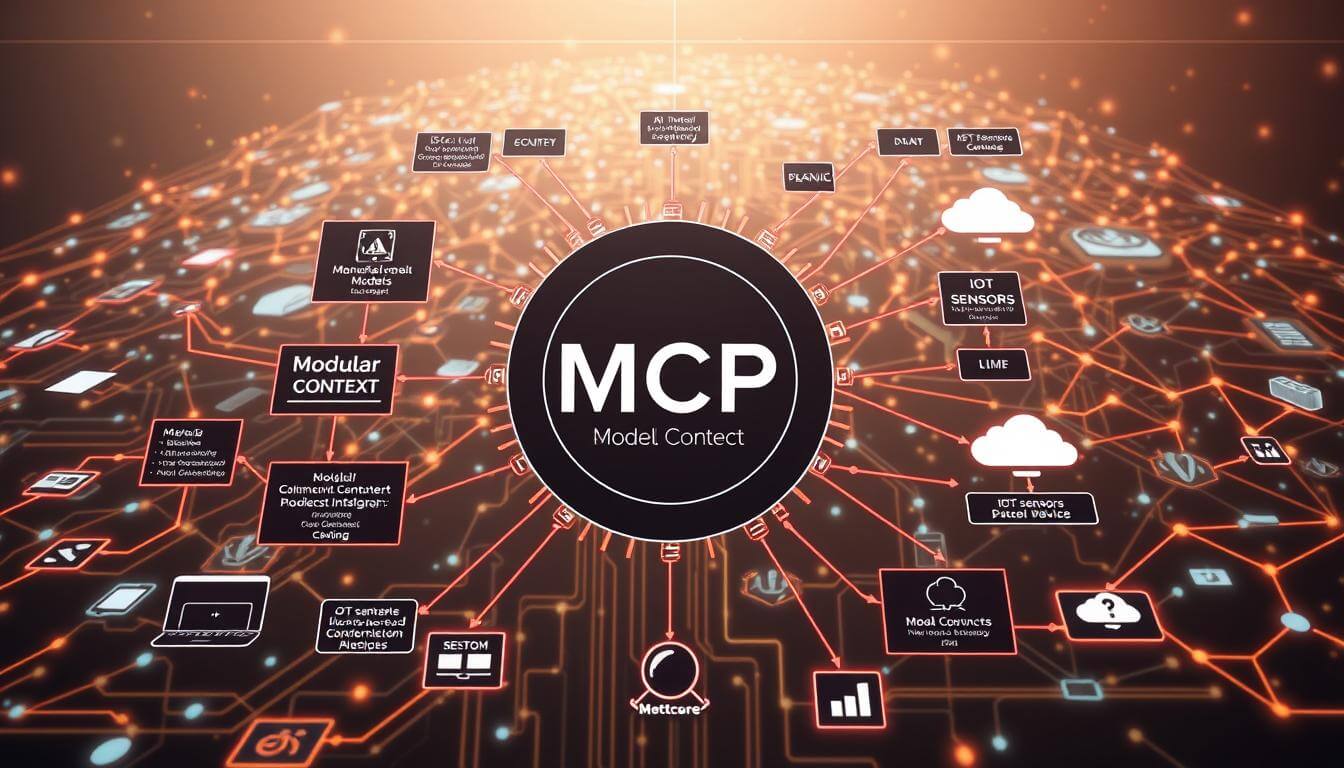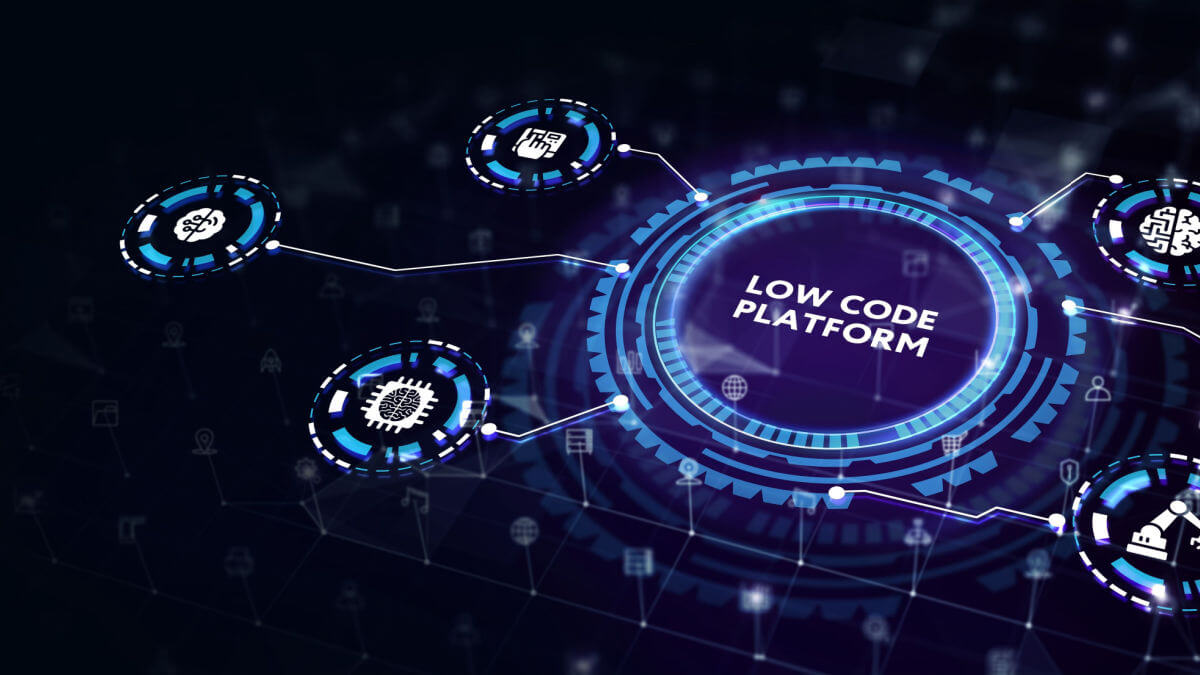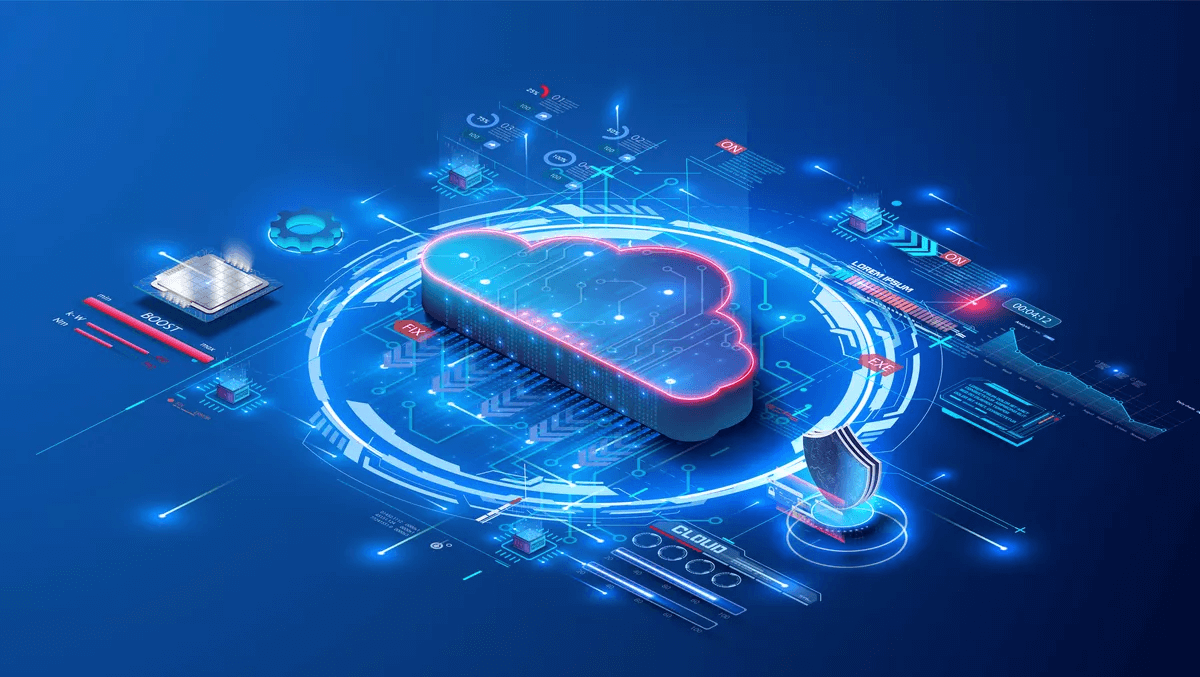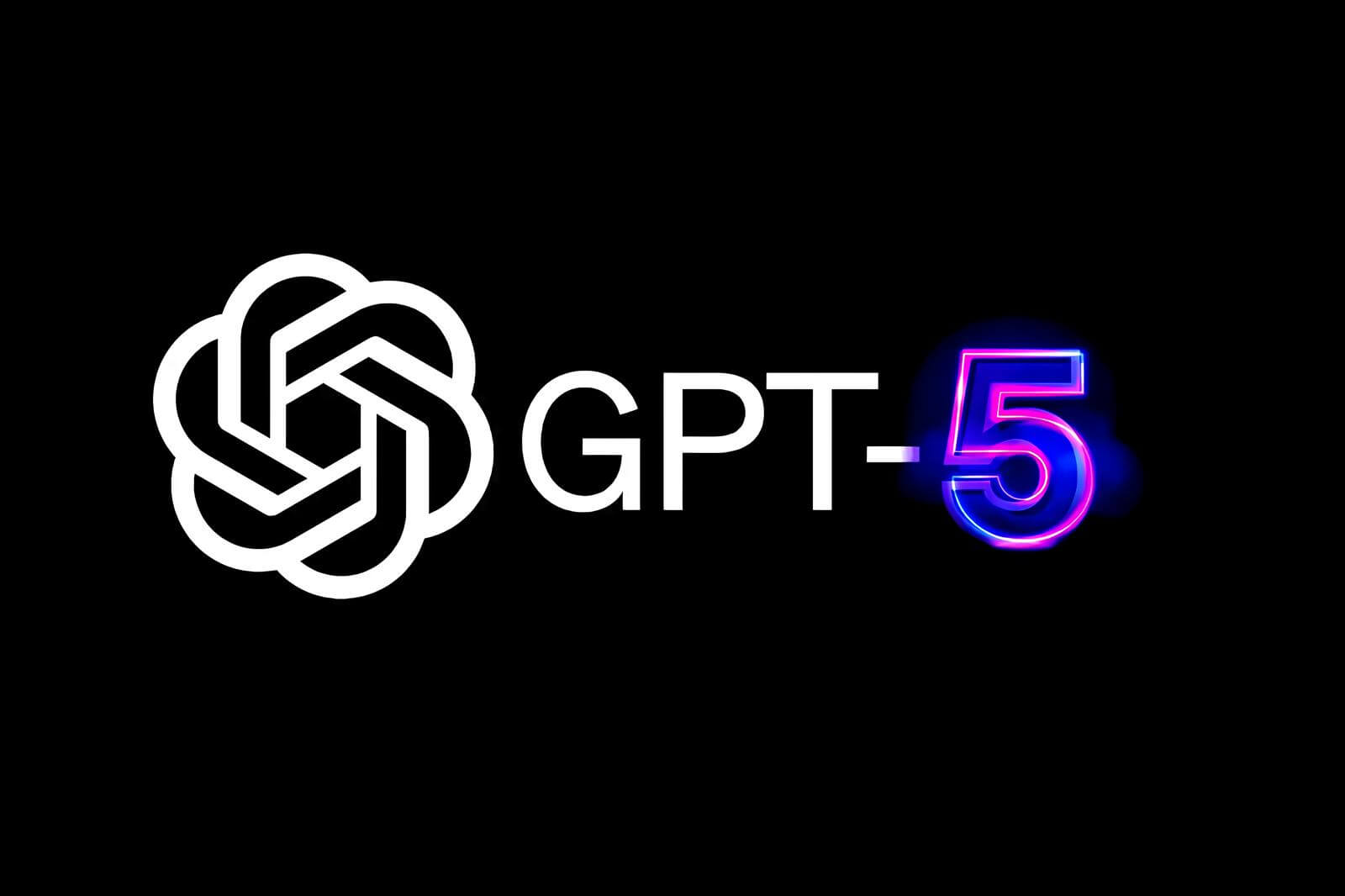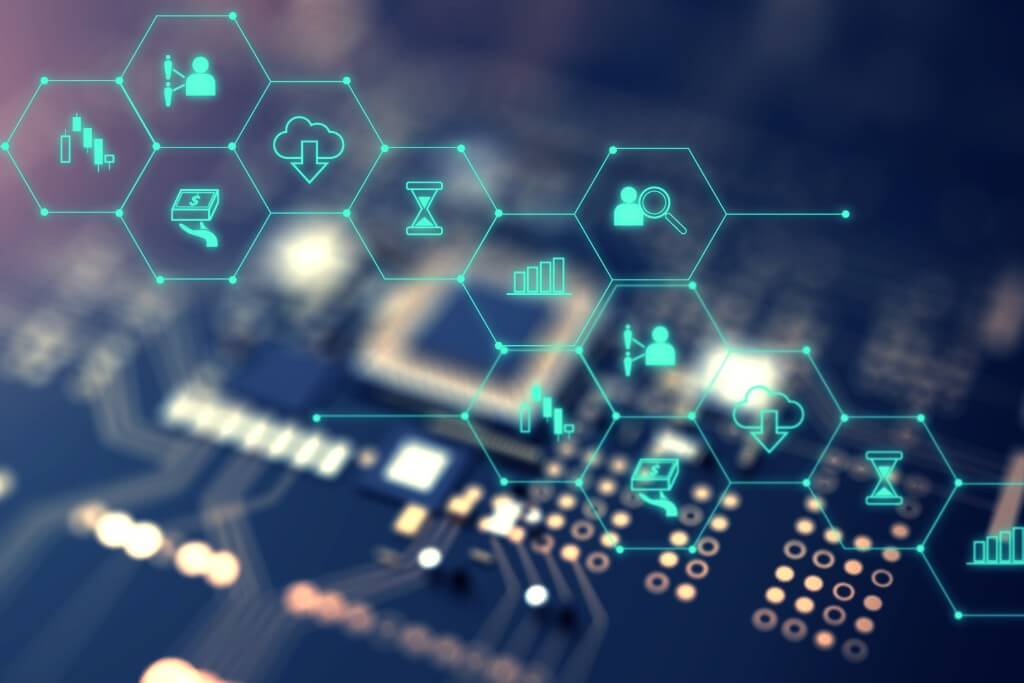In 2025, artificial intelligence (AI) is no longer just a tool to assist humans but is advancing to a new level: becoming an active “agent” capable of independent thinking, planning, and acting. Agentic AI is rapidly emerging as a prominent technology trend, heavily invested in by major corporations such as Google, Microsoft, and OpenAI. So, what exactly is this technology, how does it operate, and how is it being applied in practice? The following article will help you better understand Agentic AI and why it has the potential to transform how we work, learn, and run businesses in the near future.
What is Agentic AI?
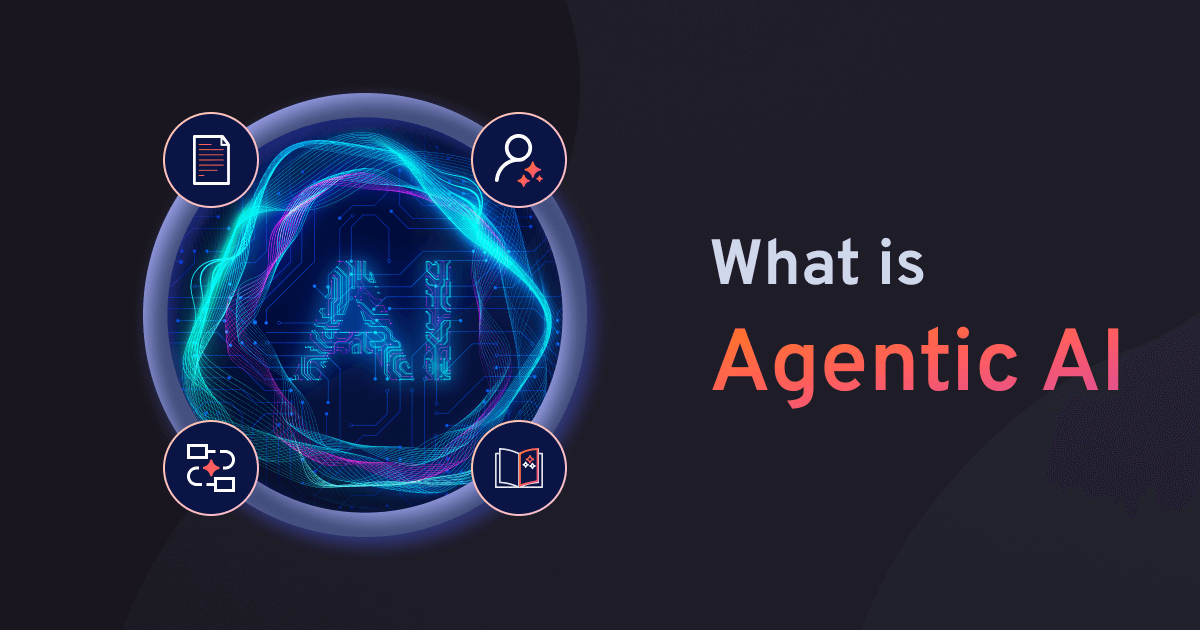
Artificial intelligence has made significant progress in recent years, especially with the emergence of large language models (LLMs). However, a new wave is rising strongly: Agentic AI — a type of AI that not only responds to commands but also has the ability to make decisions, plan, and execute actions independently, much like a human.
The Fundamental Difference Between Agentic AI and Traditional AI
Traditional AI is typically designed to perform specific tasks based on input instructions from humans. In contrast, Agentic AI is built to be more proactive. It can autonomously identify goals, analyze relevant data, create action plans, and even adapt to newly arising situations.
This enables Agentic AI to surpass the limits of passive chatbots or virtual assistants, moving toward the model of an intelligent, flexible “digital colleague” capable of self-direction.
Why Agentic AI Became a Prominent Tech Trend in May 2025
Strong Investment from Leading Tech Corporations
May 2025 witnessed a series of major announcements from tech companies like OpenAI, Microsoft, Google, and Amazon about new Agentic AI platforms. At the Microsoft Build 2025 event, Satya Nadella introduced the Copilot Agents system — AIs capable of handling entire workflows like a real employee. Meanwhile, OpenAI announced the ability to program agents for specific tasks using GPT-4.5, allowing deep customization and integration into enterprise platforms.
Google also integrated Agentic AI into its next-generation search engine, enabling proactive synthesis, analysis, and responses to complex user queries, far beyond traditional search models.
The Need for Intelligent Automation in the Digital Data Era
In an era where fast information processing and rapid decision-making are vital, Agentic AI helps businesses, organizations, and individuals save time, optimize performance, and enhance creativity. Instead of relying on humans to control every step, AI systems can propose actions and execute them in real scenarios, from internal operations to customer interactions.
Key Features of Agentic AI
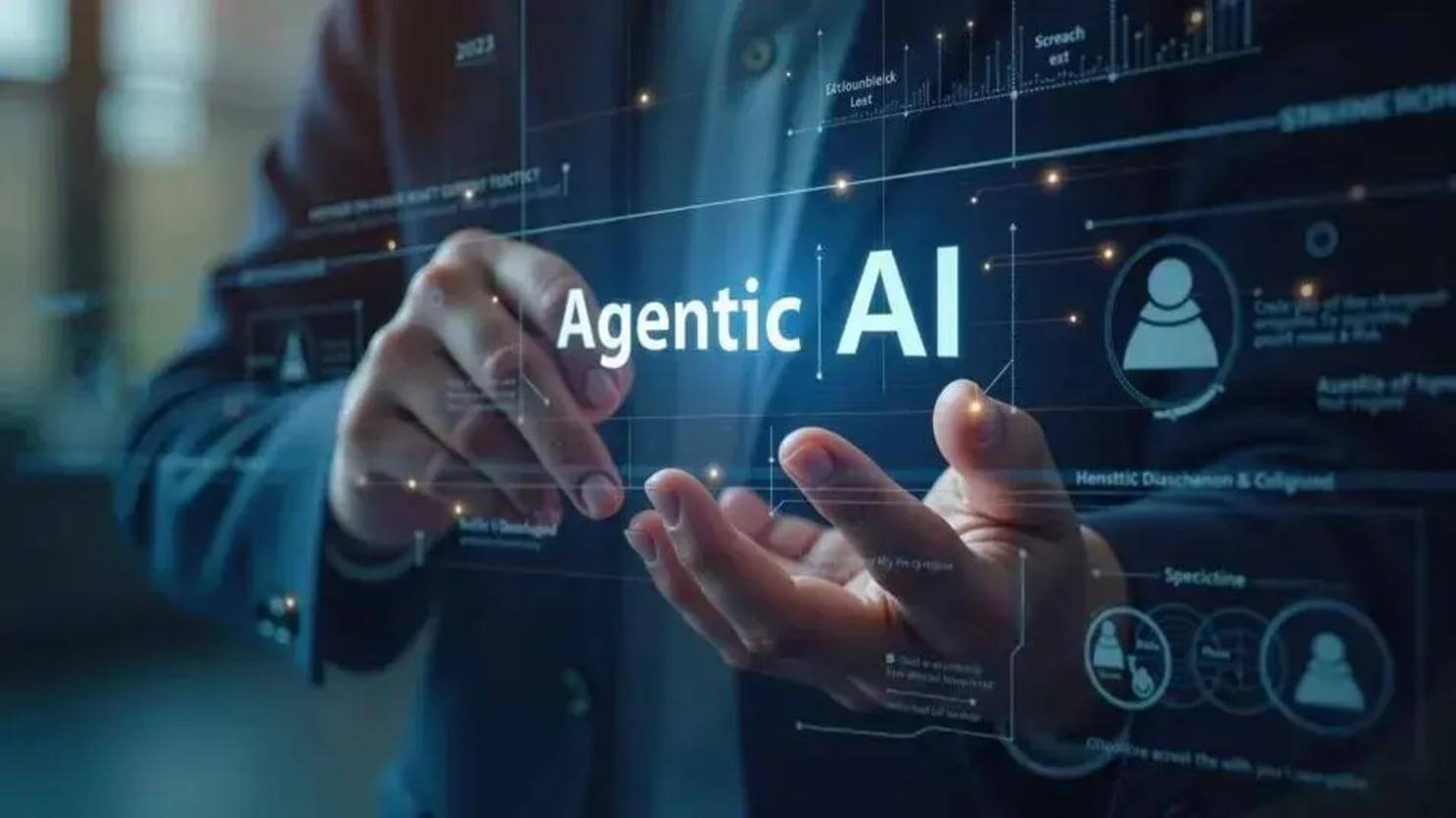
Ability to Independently Set Goals and Act Strategically
Agentic AI does not require step-by-step commands. Instead, it understands the overall objective, autonomously establishes procedures, selects appropriate tools, monitors progress, and adjusts plans if changes occur.
For example, if tasked with developing a revenue report, Agentic AI can independently access sales data, analyze trends, create charts, and write commentary without continuous human intervention.
Continuous Learning and Environmental Adaptation
Agentic AI does not operate solely on initial training data. It learns from interactions and new data, adjusts its behavior over time, and improves its performance. This makes it increasingly suitable and effective in real-world situations.
Contextual and Personalized Interaction
Another strength of Agentic AI is its deep contextual understanding. Instead of giving generic answers, it analyzes interaction history, user characteristics, and the current environment to provide responses tailored to specific needs. This underpins highly personalized applications in education, healthcare, and customer service.
Applications of Agentic AI in Key Fields
Business: Automating processes and accelerating decision-making
Modern businesses seek to shorten operation cycles and reduce reliance on human labor. Agentic AI can replace humans in many stages such as report compilation, market data analysis, personalized email campaigns, and even marketing plan development.
An Agentic AI can “sit” in an operational role, autonomously retrieving data from ERP systems, analyzing order trends, and suggesting stock replenishment ahead of peak seasons.
Education: Virtual teaching assistants and personalized learning
In education, Agentic AI opens opportunities to build intelligent learning assistants for each student. These can track learning progress, identify knowledge gaps, and flexibly suggest supplementary study.
Moreover, AI can guide solving exercises in the style most understandable to the learner by adjusting its approach based on individual learning profiles.
Healthcare: Supporting diagnosis and proactive health care
With increasing health data from wearable devices, Agentic AI can act as a “doctor at home.” It monitors health indicators in real-time, alerts abnormal signs, and suggests timely improvements.
In hospitals, Agentic AI can assist doctors by analyzing medical images, recommending treatment plans based on big data, and monitoring patient responses after treatment.
Technology: Virtual programmers and project management
One notable application is Devin — an AI programmer introduced in early 2025. Devin can receive a technical request and carry out the entire software development cycle: coding, debugging, testing, and deploying to real environments.
The combination of Agentic AI with DevOps tools is also changing software project management, helping teams reduce meeting times, update progress, and handle emerging errors.
Challenges and Concerns with Agentic AI
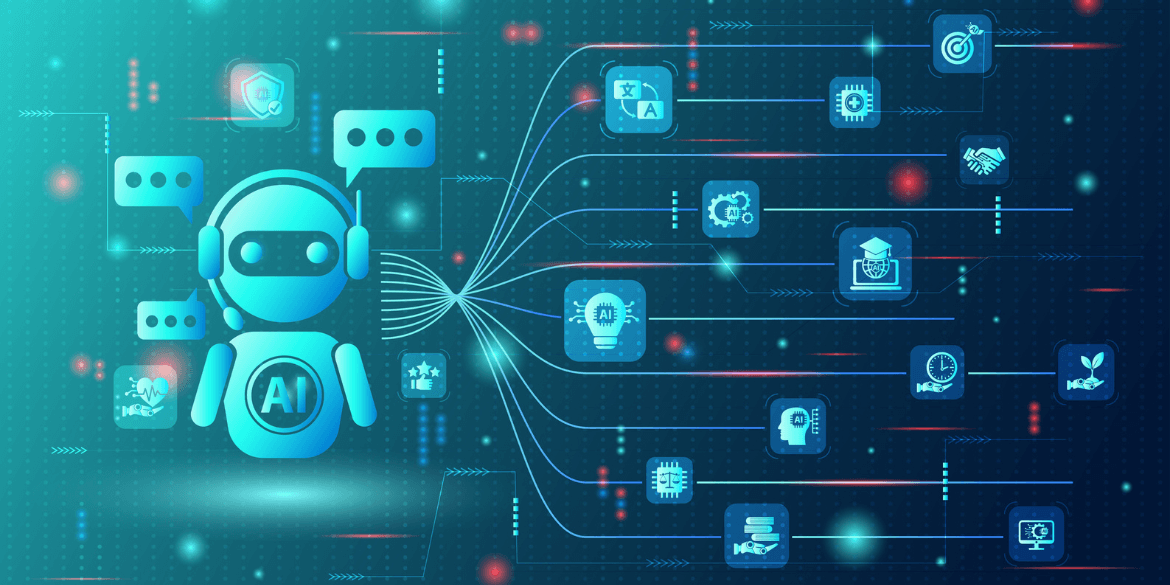
Transparency and Legal Responsibility
An AI acting independently without direct human control raises the question: Who is responsible if AI’s actions cause harm? This is a legal challenge with no clear answers yet, especially as AI begins involvement in sensitive areas like finance, healthcare, or law.
Risk of Misunderstood Goals or Excessive Automation
Agentic AI may err if goals are unclear or input data is inaccurate. Additionally, excessive automation can lead to human loss of control or overdependence on machines, posing risks if systems are attacked or disrupted.
The Near Future of Agentic AI
Experts predict that within the next five years, Agentic AI will be widely deployed across both public and private sectors. AI assistants will no longer merely “support” but will become proactive members of the workforce ecosystem.
Together with related technologies such as blockchain (for AI oversight), IoT (for data supply), and edge computing (for local processing), Agentic AI will become smarter, more secure, and more reliable.
Conclusion
Agentic AI is not just a technological improvement but a leap in thinking. It not only enables machines to respond to commands but transforms them into digital collaborators capable of learning, autonomous decision-making, and cooperating with humans in many contexts.
The explosion of Agentic AI in 2025 signals clearly that we are entering a new era where machines not only understand humans but can also act on their behalf — more intelligently, strategically, and flexibly than ever before.
Source: What Is Agentic AI?
CONTACT INFORMATION:
Wiintek Technology Joint Stock Company
Address: 183C Nguyen Van Dau, Ward 11, Binh Thanh District, Ho Chi Minh City
Hotline: +(84) 929 853 399
Email: wiintek@gmail.com
Website: https://wiintek.com/

